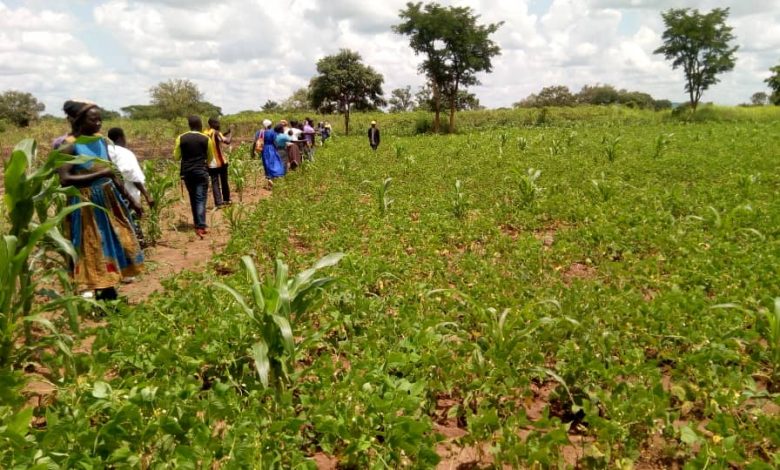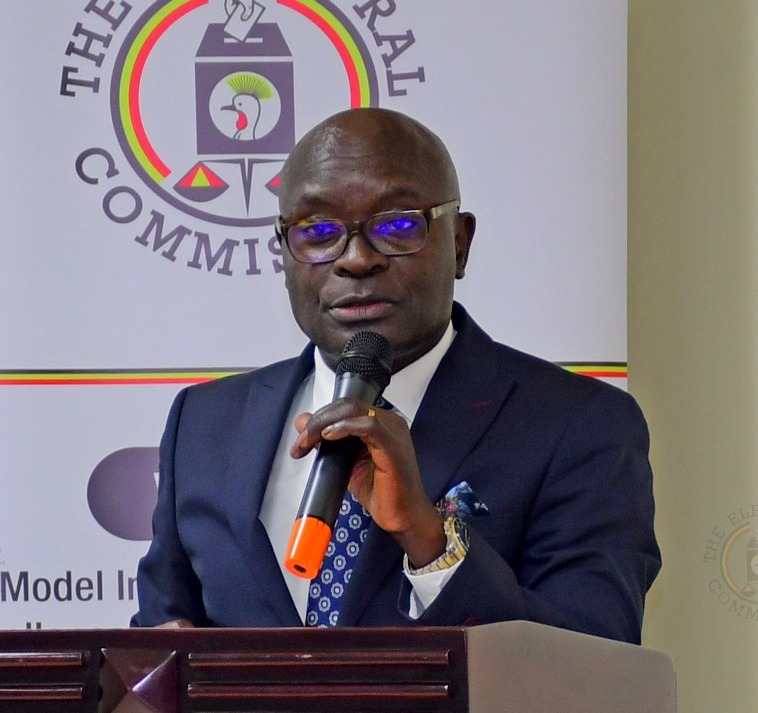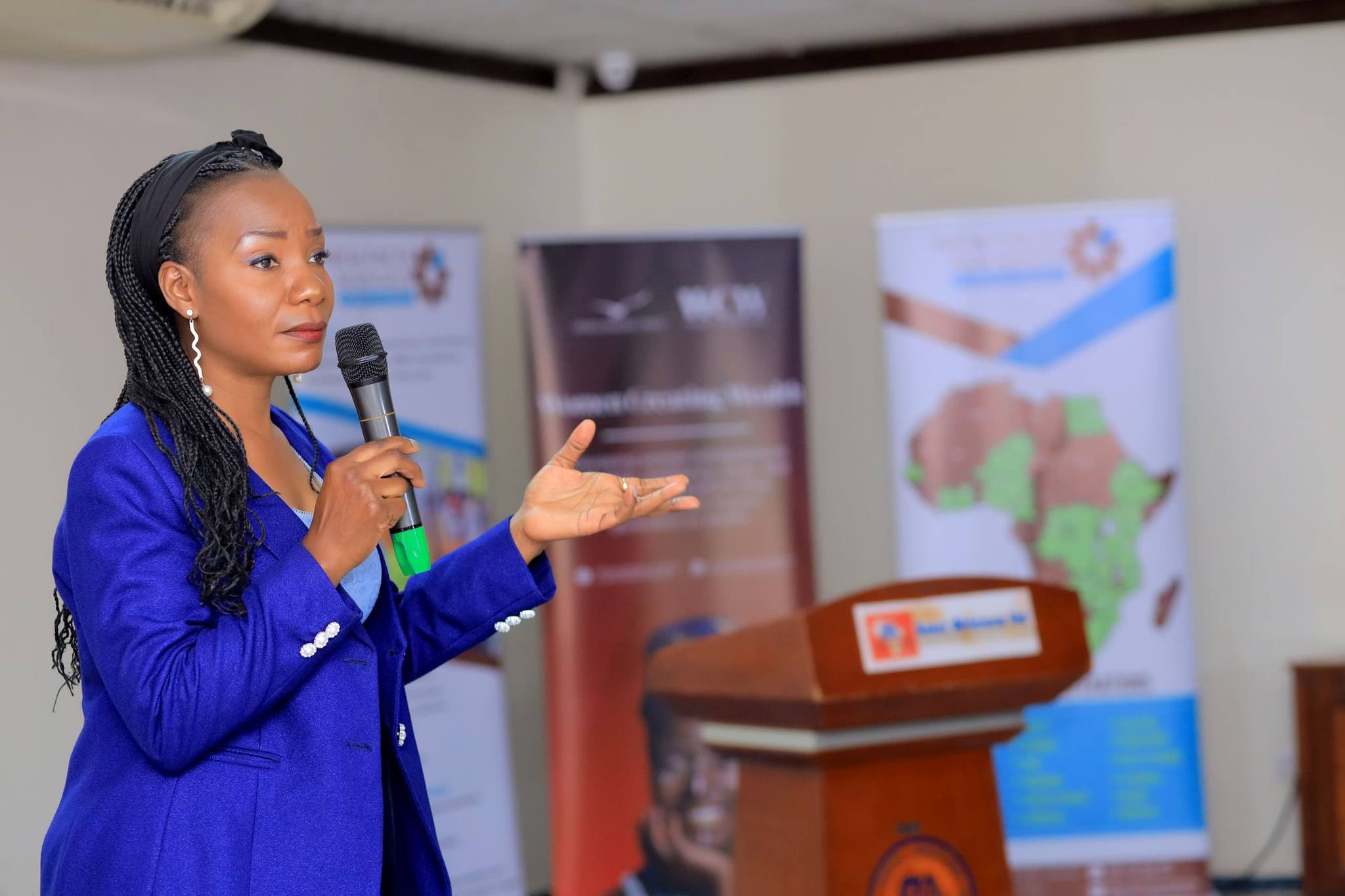Review and amend existing land laws to eliminate gender based discrimination in land ownership
Goal 5 of the Sustainable Development Goals (SDGs) aims at achieving gender equality and empowers all women and girls in every corner.

By Olive Atuhaire
According to findings of a 2008 household survey from Ministry of Justice in 20 districts, land wrangles rank the highest among conflicts countrywide. Land disputes are often the cause of other disputes including family and domestic violence, assaults and murder.
The findings show that there is a country wide increase in land disputes where the occurrence of land conflicts at household level is (34.9%) with rural households accounting for (36%) of these conflicts compared to urban households that take a share of (33%).
Overall the most commonly cited type of land conflicts experienced by the households surveyed are ‘boundary discrepancies’ (32.1%), land ownership wrangles (18.8%), inheritance and succession wrangles (15.5%) and illegal land occupation (12.3%).
A significant 20% of all land disputes that occur are not reported to any dispute resolution institution, given the severity of land conflicts, this is a precursor to social tensions that could erupt into violence.
The literature shows that on men’s and women’s asset rights in sub-Saharan Africa also is quite limited and for the most part focused on land.
Evidence from these studies points to a substantial and pervasive gender gap in asset ownership with women owning less land than men that is of lower quality (Doss 2006;)
Recently, the media reported that women in Kasese are crying out over land ownership where a 17 women activist told the commission that land in their district is owned by men noting that many widows and orphans are evicted from their land when their husbands die.
The complaints were raised out during the hearing hosted by the equal opportunities commission at their head offices in Kampala. They added that they can only own land through their husbands which they feel is a form of discrimination.
Despite of progress being made to address land-related legislative issues, the land sector in Uganda faces several challenges that include inequality, insecurity of tenure, overlapping and conflicting land rights and glaring inequity in access to and ownership of land which is unfortunate.
It is noted that land conflicts is caused by Uganda’s high population which is at the rate of 3.2 percent leading to increased land scarcity thus causing conflicts.
Population densities vary from 12 per km2 in the North to 282 per km2 in the West (Mugisha 1998).
Rapid population growth combined with either limited opportunities for non-agricultural employment or in other areas increasing non-agricultural demand for land, is a key factor that causes land values to appreciate, resulting in higher competition for a limited or decreasing amount of land available.
This is the major driver for conflicts among men and women across generations or ethnic groups as most of the land conflicts are in highly populated areas, a population policy might also be a key element in averting an escalation of land wars in Uganda.
Goal 5 of the Sustainable Development Goals (SDGs) aims at achieving gender equality and empowers all women and girls in every corner.
Despite women’s significant role in the agricultural sector, 3 only about 16 percent of Ugandan women own land in their own right (Rugadya 2010). Their ownership of registered land is even lower at 7 percent (Rugadya 2010; Bikaako and Ssenkumba 2003).
Therefore, to achieve goal 5 of the (SDGs), the government through ministry of lands must encourage the formation of women’s land rights groups to provide mutual support and advocacy for equal land rights in order to ensure both genders benefit and enjoy equally their rights when it comes to land issues.
In addition to the above, the ministry of lands should review and amend existing land laws and regulations to eliminate gender based discrimination in land ownership, it should also ratify and implement international conventions and agreements related to gender equality and land rights and revise inheritance laws to ensure equal inheritance rights for women, allowing them to inherit and own land on the same terms as men.
These measures, when implemented comprehensively and effectively, can help ensure that women in Kasese and other regions have equal rights in land ownership.
However, it may require a multi-faceted approach involving legal, social, and economic aspects, as well as strong government commitment and collaboration with local communities and civil society organizations.
Olive Atuhaire, Research Associate
Atuhaireolivia72.ao@gmail.com







